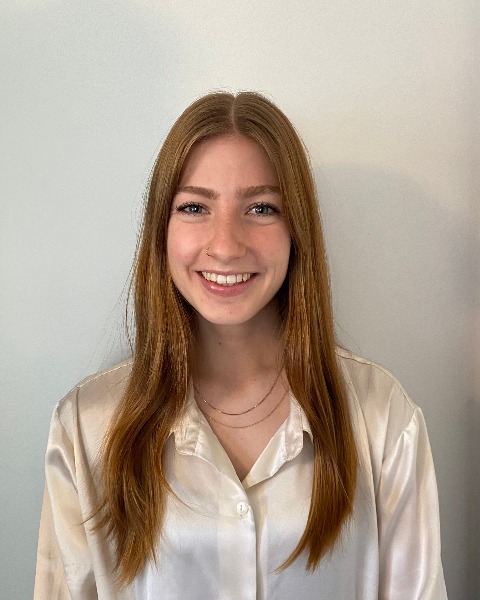Quality Improvement/Patient Safety
Session: Quality Improvement/Patient Safety 4
27 - Peer Support for Caregivers following Pediatric Gastrostomy Tube Insertion: A Qualitative Analysis of Feasibility, Acceptability, and Impact
Monday, May 6, 2024
9:30 AM - 11:30 AM ET
Poster Number: 27
Publication Number: 27.3185
Publication Number: 27.3185

Sarah Wegman, BA (she/her/hers)
Medical Student
University of Rochester School of Medicine and Dentistry
Rochester, New York, United States
Presenting Author(s)
Background: Children with gastrostomy tubes (G-tubes) are medically complex with high complications rates and healthcare system utilization, resulting in caregiver burden. Peer support has been used effectively in the neonatal intensive care unit to support families’ day-to-day lives, connect them with resources, and provide social and emotional support. We developed an intervention to connect families (mentees) with experienced G-tube caregivers (mentors) after hospital discharge.
Objective: The purpose of this study is to assess the feasibility, acceptability, and potential benefits of our peer support program from the mentee perspective.
Design/Methods: Ten mentees who participated in our peer support program between April 2022 and December 2022 participated in 1:1 semi-structured interviews after program completion. Interviews were guided by 18 open-ended questions and the option for the interviewer to explore relevant areas not contained within the guide. Transcripts were analyzed by two authors using qualitative analysis software (Dedoose) to support inductive and deductive methodology. We identified emergent themes and examined support provided by our program using an existing peer support framework.
Results: Our analysis demonstrated that mentorship consisted primarily of assistance with daily life and social and emotional support. Communication through text messaging was preferred, as it was more feasible to integrate into a busy lifestyle, though mentees acknowledged its limitations to build deeper relationships with mentors. Mentees valued building more personal relations with mentors, and when the mentor shared personal experiences and challenges (Table).
Mentees welcomed the opportunity for peer support, and the majority were excited and hopeful at the time of enrollment. Mentor-mentee relationship quality appeared vital to satisfaction. Interestingly, although texting was preferred for its convenience and fit with home life, mentees demonstrated interest in increasing support options via conversation either over the phone or in-person. Mentees also provided suggestions for improvement (Figure).
Conclusion(s): The program appears to be feasible, acceptable, and potentially effective at supporting mentees both emotionally and with G-tube-specific questions. Mentees’ reflection on the quality of experience reinforces the importance of personal and emotional relationship building, which could be further facilitated by mentor education. Mentees also provided useful feedback to shape the program with participant-centered improvements.
.png)
.png)
